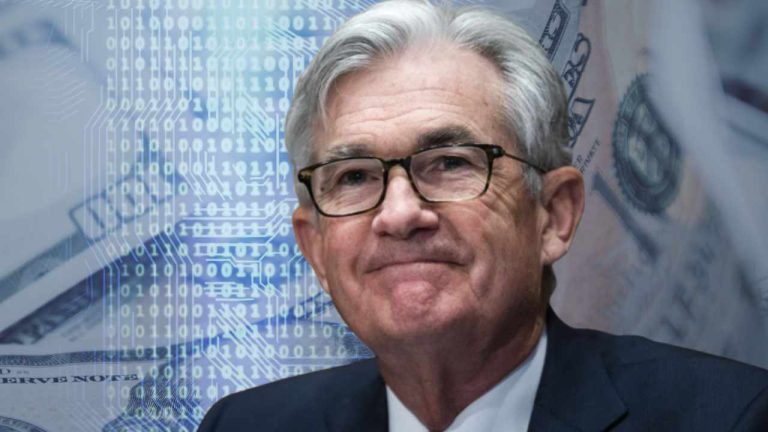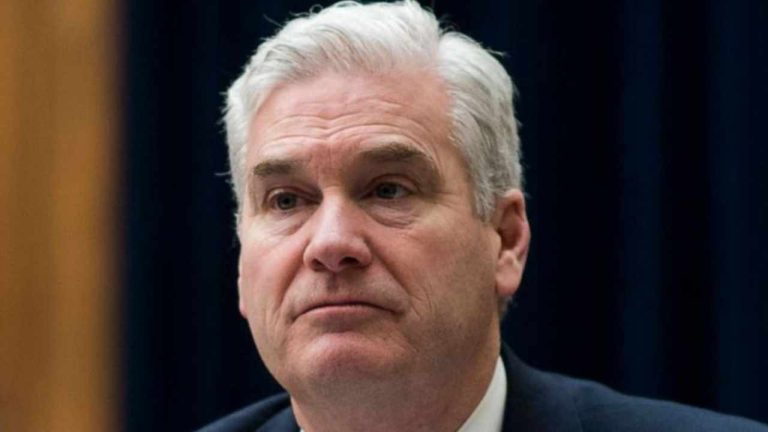
Ted Cruz said it is “more important than ever” to ensure the financial privacy of American citizens is preserved.
Republican Senator Ted Cruz has introduced a bill to block the United States Federal Reserve from launching a “direct-to-consumer” central bank digital currency (CBDC).
In a March 21 statement, Cruz said he introduced the bill to prevent the Fed from developing a retail CBDC “which could be used as a financial surveillance tool by the federal government.”
Cruz stated it’s “more important than ever” to ensure U.S. policy on digital currencies protects “financial privacy, maintain’s the dollar’s dominance and cultivates innovation,” and added:
“CBDCs that fail to adhere to these three basic principles could enable an entity like the Federal Reserve to mobilize itself into a retail bank, collect personally identifiable information on users, and track their transactions indefinitely.”
Cruz claimed the federal government has “no authority to unilaterally establish” a CBDC.
“We should be empowering entrepreneurs, enabling innovation, and increasing individual freedom — not stifling it,” he stressed.
The federal government has no authority to unilaterally establish a central bank currency.
— Senator Ted Cruz (@SenTedCruz) March 21, 2023
Read about my new bill in @FoxBusiness: Ted Cruz introduces bill blocking Fed from adopting central bank digital currencyhttps://t.co/LoX3u41nA4
Cruz’s anti-CBDC bill has the backing of Republican Senators Mike Braun of Indiana and Chuck Grassley of Iowa.
In statements, both expressed the belief that a CBDC would be used as a surveillance tool.
If the bill is passed into law, it would ensure that the state isn’t “snooping” on the finances of hardworking Americans, Grassley stated:
"The American people ought to be able to spend their money how they choose without the possibility that every transaction could be tracked by the government."
The anti-CBDC bill is a second attempt by Cruz, Braun and Grassley, who introduced a similar bill on March 30, 2022 to prohibit the Fed from issuing a CBDC directly to individuals.
However, nearly 12 months later, the bill still hasn’t moved past the introduction phase.
Meanwhile, considerable progress is being made on a U.S. dollar CBDC since President Joe Biden signed an executive order to “Ensuring Responsible Development of Digital Assets” in March, 2022.
In November, the Federal Reserve Bank of New York and several large financial firms including BNY Mellon, Citi, HSBC, and Wells Fargo participated in a 12-week digital dollar pilot program with MasterCard and SWIFT.
Related: ‘Programmable money should terrify you’ — Layah Heilpern
Cruz, Braun and Grassley aren’t the only U.S. politicians fighting to stamp out CBDCs.
On March 20, Florida’s Governor Ron DeSantis called on state lawmakers to introduce legislation banning the digital dollar in Florida.
DeSantis compared the digital dollar to China’s digital yuan and claimed the e-CNY has been used to extensively “monitor citizen behavior,” saying:
“Any way they can get into society to exercise their agenda, they will do it. So, what the central bank digital currency is all about is surveilling Americans and controlling behavior of Americans.”
No CBDC in Florida https://t.co/p9pwSTmrlN
— Ron DeSantis (@GovRonDeSantis) March 20, 2023
U.S. Congressman Tom Emmer recently introduced an anti-CBDC bill of his own on Feb 22.
Emmer also spoke of the privacy concerns surrounding CBDCs saying a programmable dollar could be “easily weaponized” as a spying tool to “choke out politically unpopular activity.”
Magazine: Are CBDCs kryptonite for crypto?










